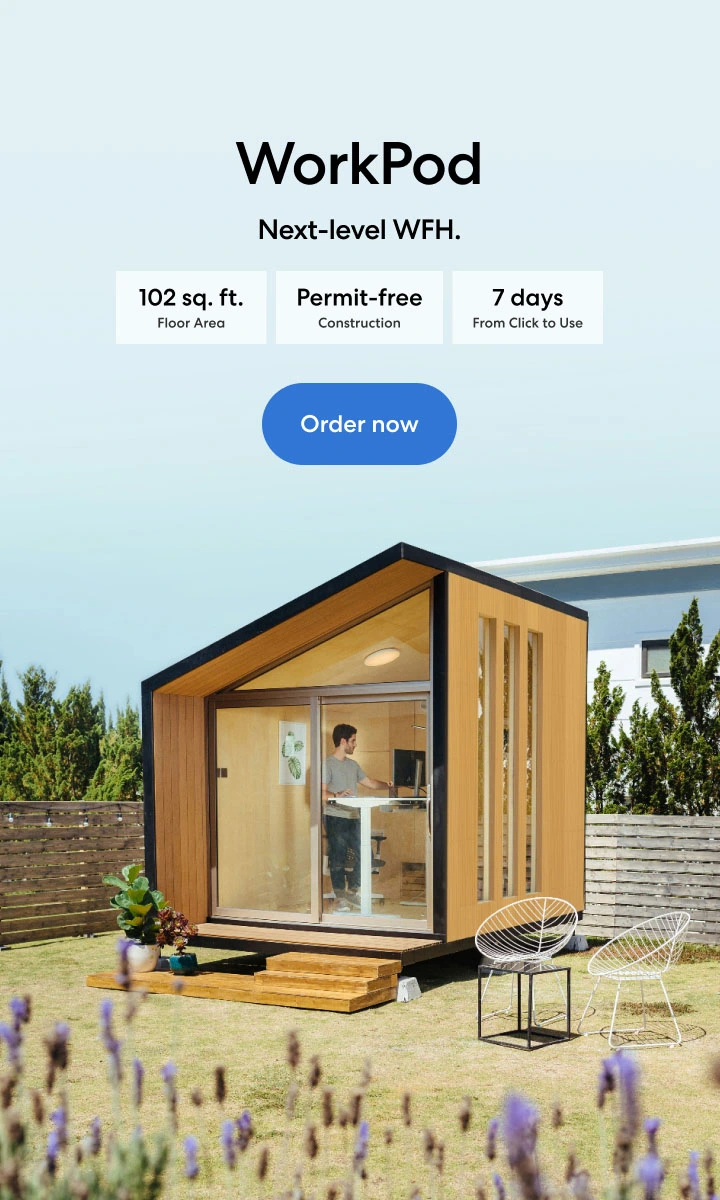
Why Is Cognitive Well-Being the Future of Workplace Productivity?
Table of Contents
Employees who are anxious and mentally unwell cannot increase an office's productivity. Most firms undertake annual biometric exams to create a physical baseline for employees to understand their results and track their development over time.
It is now necessary to include cognitive testing in the mix. When cognitive screening results are available, there is a chance to inform staff about their general health and assist them in improving their cognitive well-being.
What Is Cognitive Well-Being?
Cognitive well-being definition refers to the ability to think effectively, learn from your environment and remember things. There is a relationship between happiness, work satisfaction, and elements that influence cognitive well-being, and all jobs require some level of cognitive health as their workplace etiquette.
Numerous stressors have been demonstrated to have a detrimental effect on cognitive well-being. Unfortunately, recent events have made some drawbacks worse, hurting people's capacity for wise judgment and productive labor. Individual and group performance, risk assessment and management, workplace absenteeism, and general human resource management can all be impacted by cognitive impairments.
Essential Cognitive Wellness Skills for the Workplace
Five categories are frequently used to classify cognitive abilities. These illustrations of cognitive well-being show several strategies your brain employs to process and apply data efficiently.
1. Attention
Sustained, selective, and split attention all fall under this category. You can concentrate on a single task for a long time with the aid of sustained attention. Selective attention enables you to concentrate on a single task despite external distractions and eliminates the risk of mental block.
Additionally, paying attention to two or more things at once while keeping track of one helps you remember knowledge.
2. Memory
Short-term memory helps you remember recent information, whereas long-term memory enables you to recollect information from the past. Both long-term and short-term memory can be useful for daily work, such as recalling the major ideas from a recent meeting and previous project instructions.
3. Reasoning and Logic
You can solve difficulties and develop ideas using your logic and reasoning skills. When you identify a customer's demands and go through a process of brainstorming and problem-solving to address those needs, you apply logic and reasoning skills. You can analyze data or put together reports using these examples of cognitive well-being.
4. Processing of Audio and Visual Signals
You can efficiently comprehend images with the use of visual processing and auditory processing, respectively. You can use this cognitive health ability to improve your active listening and to analyze visual material, such as graphs and tables.
5. Processing Speed
Your brain can more quickly interpret information and apply it to a work or project if your processing speed is high. By enhancing your capacity for successful work completion, strengthening this skill can increase your productivity.
How to Improve Cognitive Well-Being at Work?
You can perform better in practically every part of your profession by improving your cognitive well-being. Enhancing your ability to pay attention will help you stay on task and make you a more engaged listener, enhancing your interpersonal interactions. Developing your logical and analytical thinking abilities can also assist you in coming up with original answers to complex problems.
Here are a few cognitive well-being examples you can improve in the workplace.
1. Lessen Tension
Your focus and attention span can be enhanced by lowering your stress levels and trying to escape tense circumstances. If you are unable to get away, try engaging in stress-relieving hobbies. You may stroll around your desk at work or, if possible, put on headphones and listen to music to help you concentrate. Consider scheduling some time for yoga or exercise at home.
Additionally, you can lessen your physical tension by focusing on ergonomic principles in the office, such as maintaining an ergonomic desk setup.
These stress-reduction techniques can help you focus better, develop attention-related abilities, and enhance your cognitive well-being.
2. Work on Your Focus
By deliberately focusing your thoughts throughout the day, you can actively enhance your capacity for attention and memory. Find techniques to eliminate distractions while at work and test your ability to focus for an extended period of time. If your job permits it, this can entail putting your smartphone in a drawer or wearing headphones.
By using more senses, you can also increase focus. Read aloud a customer's worry while you're at work or home; try reading a poem or a favorite chapter aloud several times to help you memorize it.
3. Maintain Your Body
Your cognitive well-being can be improved by maintaining your physical health. You may enhance your attention-related skills and perform better at work by drinking lots of water, eating a balanced diet, and obtaining at least seven hours of sleep each night.
Additionally, you might spend almost 9 hours in the office; it's essential to utilize ergonomic office chairs and adjustable desks to prioritize comfort and obtain a better posture.
Focusing on your physical health is a ladder to your mental and cognitive well-being.
4. Mental Exercise
Like any muscle, there are exercises that target and exercise particular parts of the brain, enhancing the corresponding cognitive abilities. Think about engaging in these activities to improve your cognitive well-being.
- Before you go to sleep or during your break, read a book.
- Look for puzzles you like, such as Sudoku or a crossword.
- Play chess or another mind-stimulating game.
- Memorize your favorite music or write a tale.
Final Thoughts
The newest well-being technologies receive growing amounts of time and money from businesses worldwide to improve employee performance and health. One of a workplace's most valuable resources is cognitive health.
Career success can be achieved by the deliberate development of cognitive well-being, which is attainable through time and positive work environment.
Stay connected with us!
Subscribe to our weekly updates to stay in the loop about our latest innovations and community news!
Interested in a Link Placement?
.svg)
.svg)



/https://storage.googleapis.com/s3-autonomous-upgrade-3/production/ecm/230914/bulk-order-sep-2023-720x1200-CTA-min.jpg)

/https://storage.googleapis.com/s3-autonomous-upgrade-3/production/ecm/230920/Untitleddesign.jpg)